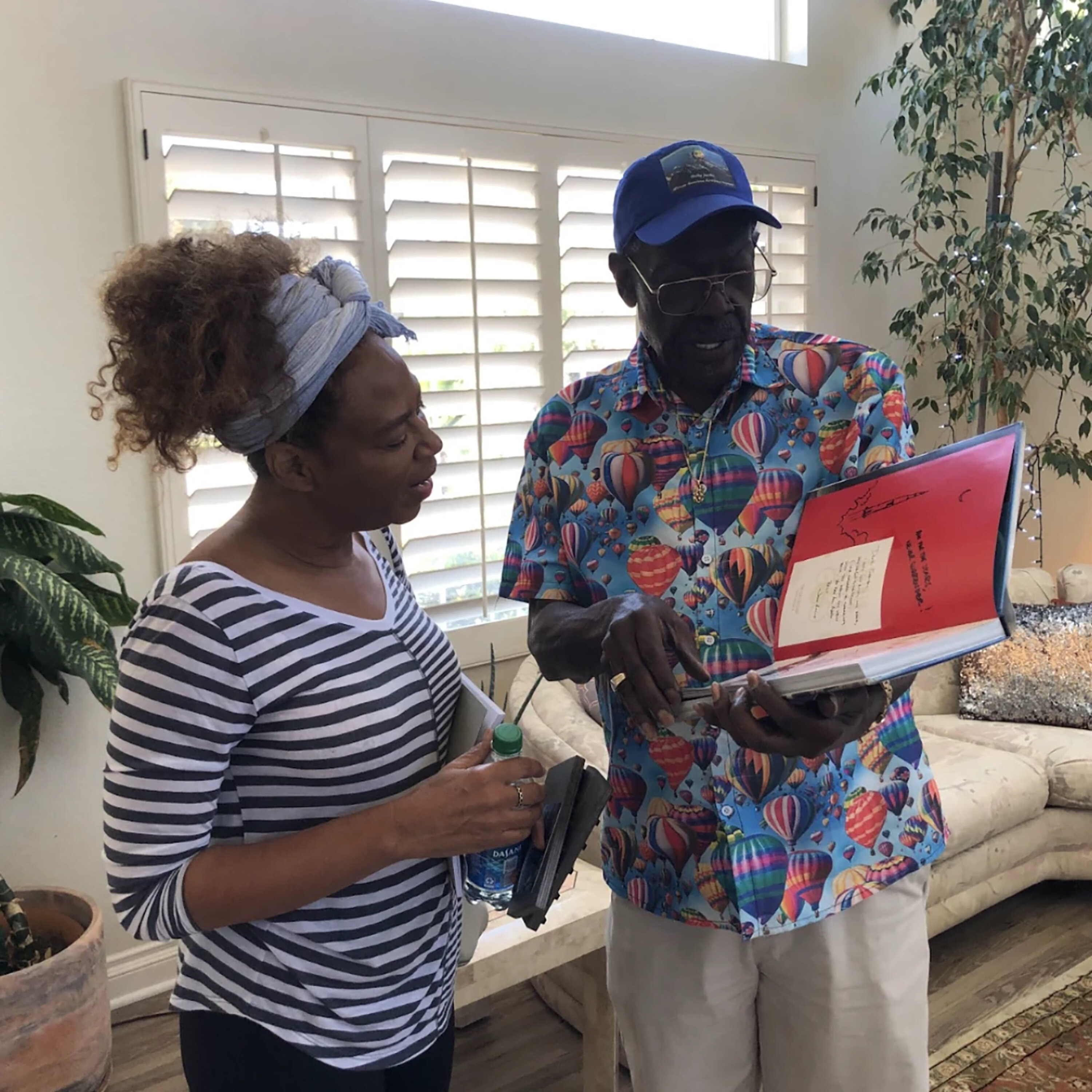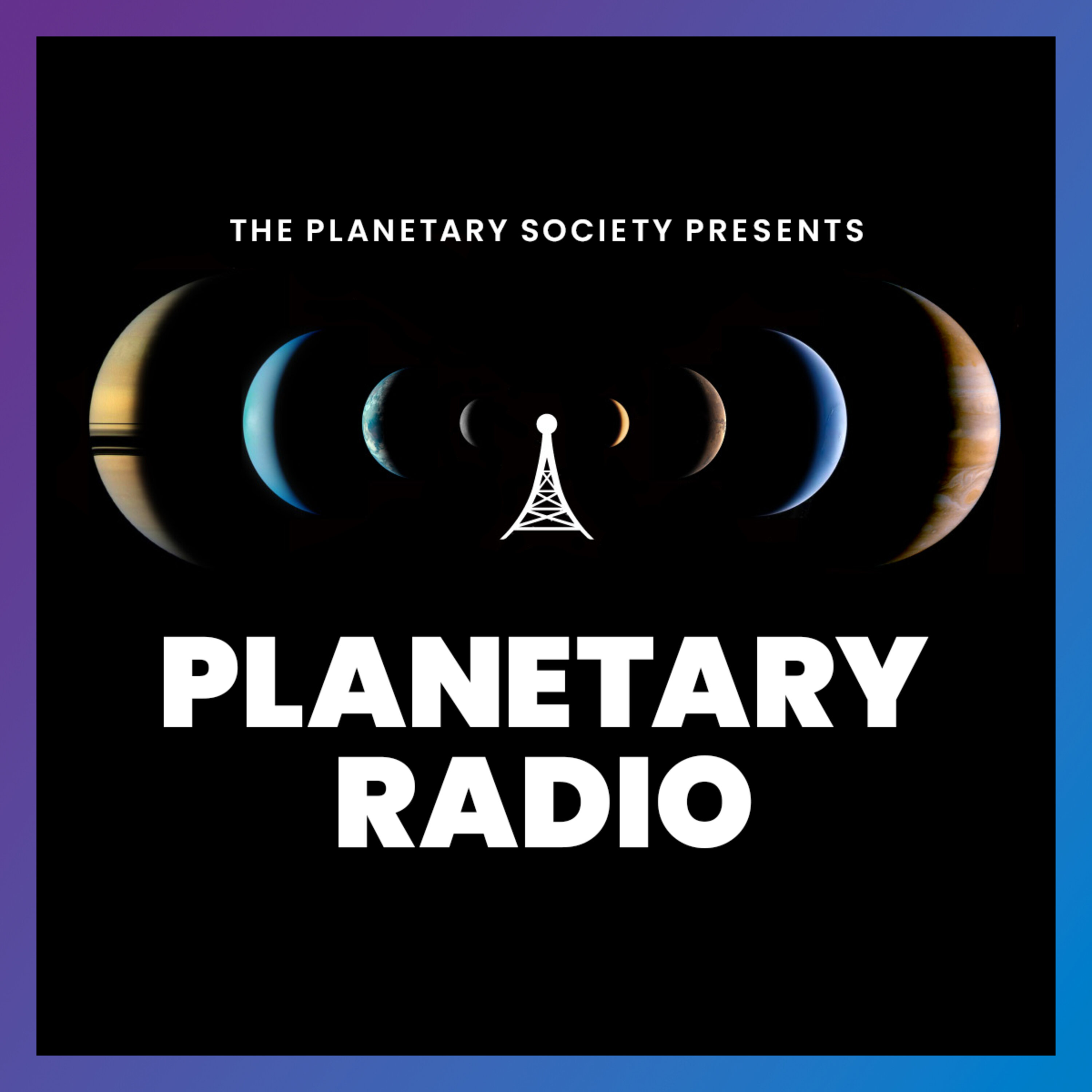
The Other Moonshot: The untold stories of Apollo’s Black engineers in Los Angeles

Planetary Radio: Space Exploration, Astronomy and Science
Deep Dive
- Charlie Cheatham developed a configuration management system for identifying spacecraft parts.
- Nate Levert worked on the Apollo rocket propellant system.
- Shelby Jacobs developed a camera system that captured one of the first photos of Earth's curvature.
Shownotes Transcript
The Apollo program put humans on the Moon, but behind that historic achievement were engineers whose stories have gone largely untold. In this episode, “LA Made: The Other Moonshot” host Joanne Higgins joins Planetary Radio to share the powerful history of Charlie Cheatham, Nate LeVert, and Shelby Jacobs, three Black engineers in Los Angeles who helped make Apollo possible while navigating racism and exclusion. We discuss how their technical brilliance shaped the space program, why their stories were left out of the history books, and how telling them now can help create a more equitable space community for the future.
Plus, Casey Dreier checks in from Washington, D.C., during The Planetary Society’s Day of Action, where advocates from across the U.S. gathered to support NASA science. And in What’s Up, Bruce Betts and Sarah explore the Apollo-era technologies still in use today.
Discover more at: https://www.planetary.org/planetary-radio/2025-the-other-moonshot)
See omnystudio.com/listener) for privacy information.